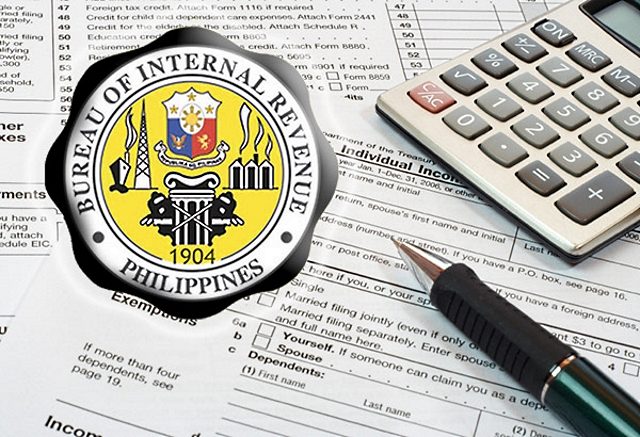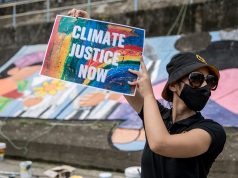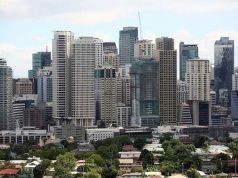MANILA – The government is considering three kinds of tax amnesty as part of an overall bid to overhaul taxation in the country, the Finance chief said on Tuesday.
“There are three kinds of amnesty we want,” Finance Secretary Carlos G. Dominguez III told reporters on the sidelines of the launch of the Philippines’ hosting of the Asian Development Bank annual meeting in May.
“We want to give an amnesty for the estate taxes that were not paid so that assets will become developable,” Mr. Dominguez explained.
“Second, we want amnesty for those who have not paid the correct taxes in the past, and that will be based most likely on your total declared assets,” he added, referring to a planned general tax amnesty.
“You’ll know if you paid the right taxes and we’ll not ask you what you did not pay. Based on your assets, you’ll pay this amount and we’ll not look anymore into your accounts.”
Already being implemented starting January is Republic Act No. 10963, or the Tax Reform for Acceleration and Inclusion Act that is the first of up to five planned packages designed to shift the burden to those who can afford to pay more and cover about a fourth of the government’s P8.13-trillion infrastructure development program until 2022, when President Rodrigo R. Duterte ends his six-year term. Among others, that first package imposes a flat six percent estate tax. Before that, the National Internal Revenue Code of 1997 exempted from tax a net estate value of up to P200,000, and levied 5%, 8%, 11%, 15% and 20% depending on which bracket the property belonged.
Settling unpaid estate tax will unlock properties with such liabilities for development for residential or commercial purposes, Mr. Dominguez said.
Collection of appropriate estate taxes has been elusive for the Bureau of Internal Revenue, with the past administration estimating that annual take could actually go up to P10-50 billion from less than P1 billion currently.
The Department of Finance (DoF) previously said it was supporting House Bill No. 7105 general amnesty measure pending in Congress.
The department is also considering a form of amnesty that will cover existing tax evasion cases, saying it will seek authority from Congress to collect tax settlement amounts “below what is allowable in the law.”
Mr. Dominguez said the department expects “quite significant” collections from tax amnesty, even as he said: “It’s not so much the amount — it’s the fact that we start with a clean slate.”
The department also wants Congress to prescribe a moratorium period for amnesty, saying it was an offer that should not be used often.
Easing rules on deposit secrecy would likewise help the government go after tax evaders and money launderers after the amnesty period.
“If they pay (under) the amnesty then wala na ‘yun (we can no longer run after them),” Mr. Dominguez said.
“But if they didn’t (pay appropriate taxes) and they didn’t avail of the chance (for amnesty), then we can look (into their accounts) if we have suspicions.”
The planned amnesty forms part of tax reform “Package 1-B” that is expected to bring additional revenues this year to P130 billion from P89.9 billion under the first package enacted as RA 10963.










